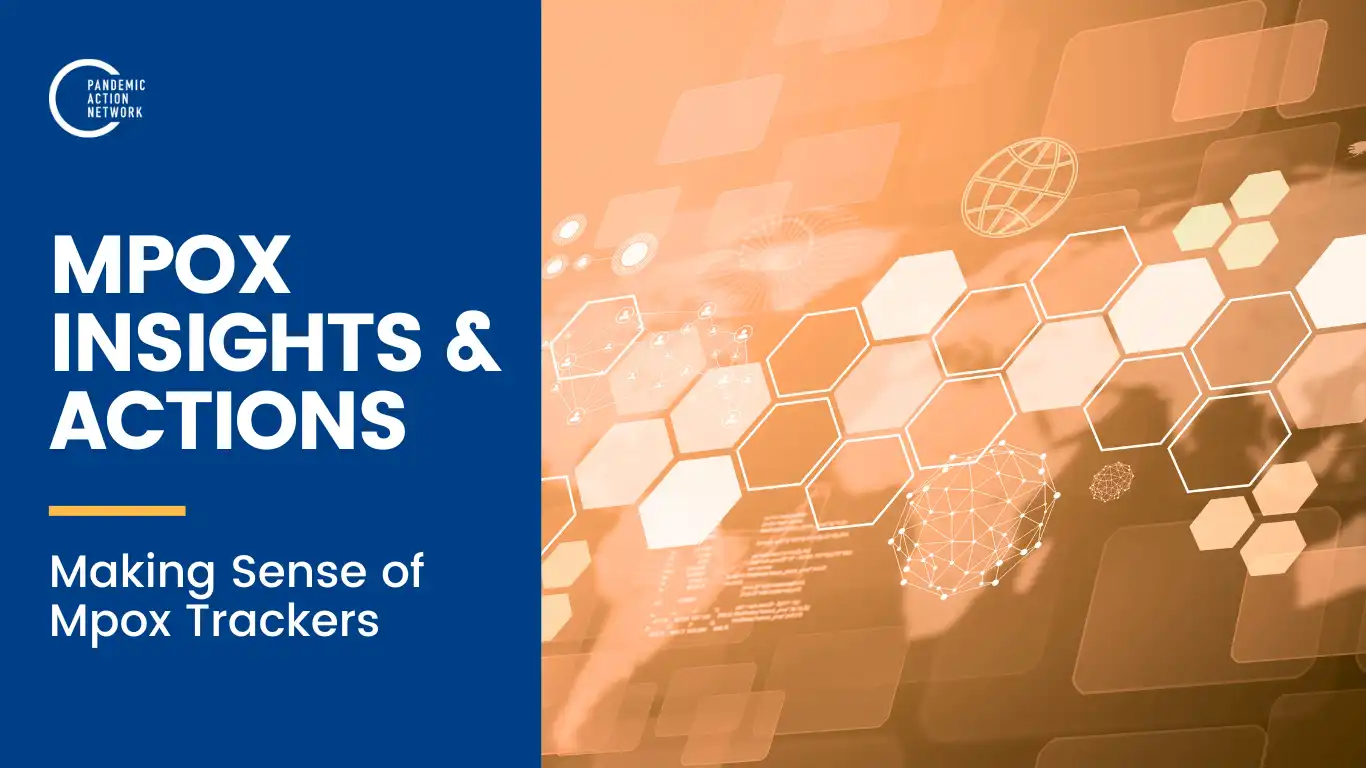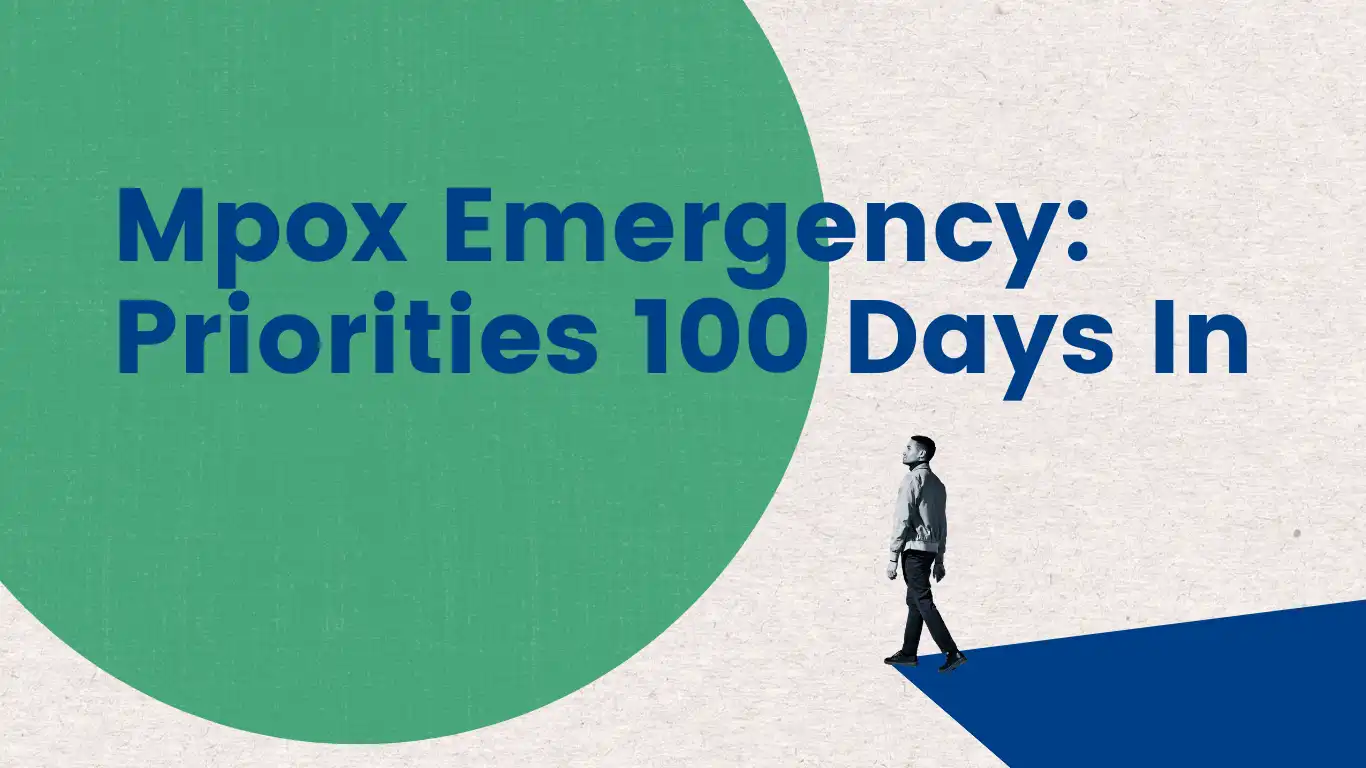By Nahashon Alouka, Regional Advisor for East and South Africa, Pandemic Action Network
As the world continues to be ravaged by the novel coronavirus, Africa has not been spared. With current cases exceeding 1.8 million and 43,000 deaths, Africa may have not yet suffered the exponential spread of infection as initially feared by many, but we are not out of the woods. If the recent alarming rises in cases in other parts of the world are any indicator for future risk and as more countries on the continent begin to report high daily infection rates, now is the time to be vigilant to protect our communities.
That’s why the Pandemic Action Network, together with Africa CDC, the Office of the AU Youth Envoy, Resolve to Save Lives, and 55+ partner organizations are launching Africa Mask Week from November 23-30 to accelerate and sustain mask-wearing to help stop the spread of COVID-19 on the continent. Africa Mask Week will rally a social media movement of leaders and people to share and show that when we wear a mask, we are protecting our friends, our families, and our communities.
Africa Mask Week aims to engage people across the continent with the support of the Risk Communication and Community Engagement Working Group and many other national partners. The campaign seeks to further awareness and understanding of the risks associated with COVID-19, influence increased adoption of mask-wearing as the new normal, encourage effective formulation and enforcement of policies on mandatory use of masks in public places, and influence policymakers to model proper masking behavior.
Until there are vaccines or medicines to fight COVID-19, wearing a mask is one of the best tools we have, especially when combined with physical distancing and hand washing. Overall, mask use in Africa is declining, but the COVID-19 pandemic is not over. We need leaders and the public to keep practicing what works to stop the spread. “COVID-19 is a respiratory disease caused by the transfer of droplets. As the pandemic continues to gain momentum in Africa, we must increase compliance to the public health and social measures so we can protect ourselves and protect our economy. We must increase mass wearing of masks as we expand testing and treatment services,” said Dr. John Nkengasong, Director of Africa CDC.
Today, more than 40 African countries have enacted policies on mandatory use of masks in public. The implementation has, however, been inconsistent and, in some cases, marred by human rights violations. Furthermore, there are documented rumors, untruths, and stigmatization of those who wear masks.
Africa Mask Week is an opportunity to turn the tide on inconsistent masking and misperceptions. Recent COVID-19 KAP survey data reveals that there is a high awareness and value for masking in Africa with 84 percent of respondents saying that wearing a face mask in public when near others is “absolutely necessary”. But we know that we are not practicing masking consistently and COVID-19 is not going away any time soon. It is important that we accelerate and sustain mask-wearing on the continent to reduce the spread of infections in our communities. There is increasing evidence in support of masking:
- Face coverings block the spray of droplets from sneezing, coughing, talking, singing or shouting when worn over the mouth and nose. They serve as barriers that help prevent droplets from traveling into the air.1,2,3
- Since people may have COVID-19, but not know it or have symptoms, consistent mask-wearing can reduce the spread of the virus.4,5
- A study published in The Lancet examined data from 172 studies from 16 countries and six continents and found that face mask use could result in a large reduction in the risk of infection.6
Join us for Africa Mask Week – November 23-30 – by engaging your networks including policymakers, traditional and religious leaders, celebrities and other influencers, friends, and community members. Lead by example and #WearAMask to protect your community. Together we can stop the spread of COVID-19.
Contact: Autumn Lerner, Director of Communications, Pandemic Action Network at [email protected].



